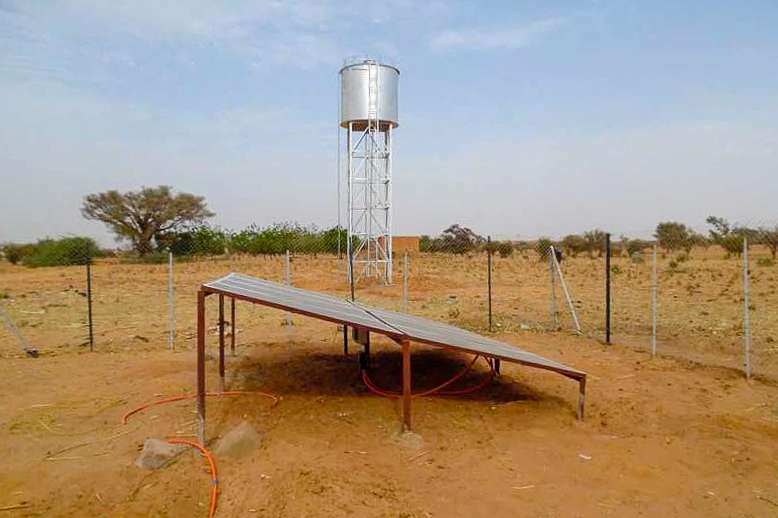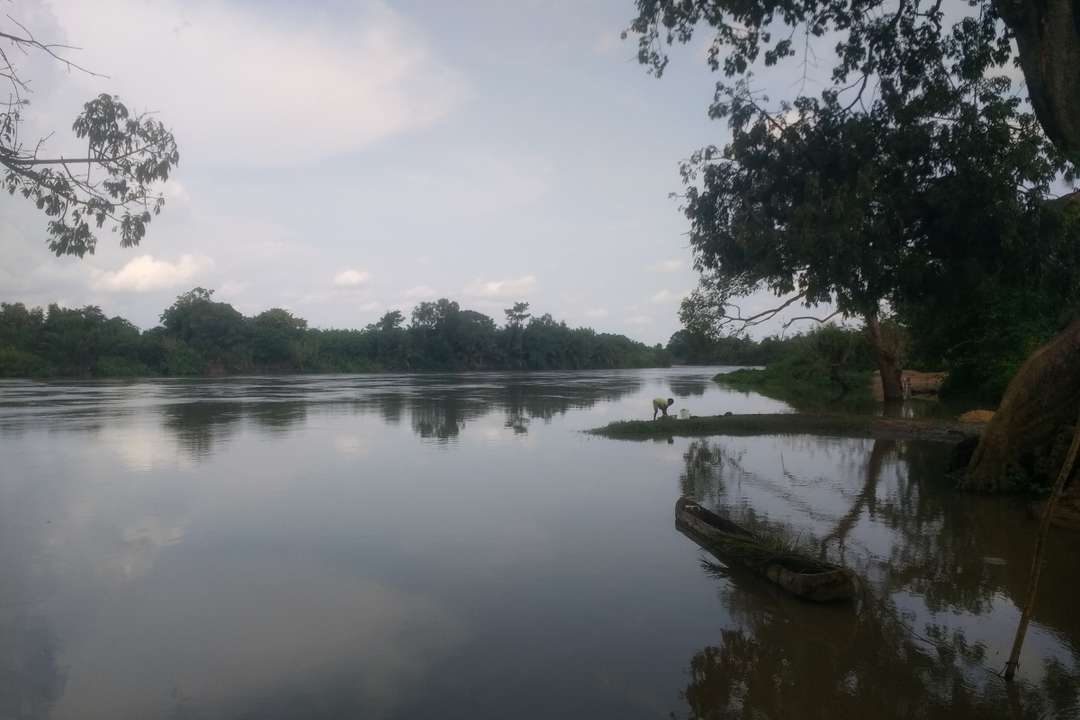May 2020
Article in Nature Sustainability published
Third CIREG article published in Nature Sustainability
The CIREG consortium has just published its third major scientific article, titled “Smart renewable electricity portfolios in West Africa”, in the journal Nature Sustainability. The study was led by the Free University of Brussels (VUB).
It explores smart deployment strategies in West Africa for variable renewable electricity (VRE) sources, such as solar PV and wind power, and how their grid integration can be facilitated by adapted management of hydropower plants. To do their calculations, the researchers used hydrometeorological data at high spatiotemporal resolution from state-of-the-art models and databases.
As the study shows, a regional integration of national electricity grids into a West African Power Pool would carry strong climate-related, environmental and financial benefits by decarbonizing power supply while avoiding hydropower overexploitation.
The work is available on https://www.nature.com/articles/s41893-020-0539-0 and can be read without subscription via https://rdcu.be/b4pI8.
The study was the object of an article in French and Dutch (see p. 28-29) in the Belgian magazine “Electricien” (p.28-29) November issue.
Abstract
The worldwide growth of variable renewable power sources necessitates power system flexibility to safeguard the reliability of electricity supply. Yet today, flexibility is mostly delivered by fossil fuel power plants. Hydropower can be a renewable alternative source of flexibility, but only if operated according to adequate strategies considering hourly-to-decadal and local-to-regional energy and water needs. Here, we present a new model to investigate hydro–solar–wind complementarities across these scales. We demonstrate that smart management of present and future hydropower plants in West Africa can support substantial grid integration of solar and wind power, limiting natural gas consumption while avoiding ecologically harmful hydropower overexploitation. We show that pooling regional resources and planning transmission grid expansion according to spatiotemporal hydro–solar–wind synergies are crucial for optimally exploiting West Africa’s renewable potential. By 2030, renewable electricity in such a regional power pool, with solar and wind contributing about 50%, could be at least 10% cheaper than electricity from natural gas. A smart management of hydropower, combined with solar and wind energy, can provide the flexibility needed to power West Africa and at cheaper cost than using natural gas, according to a simulation model.


